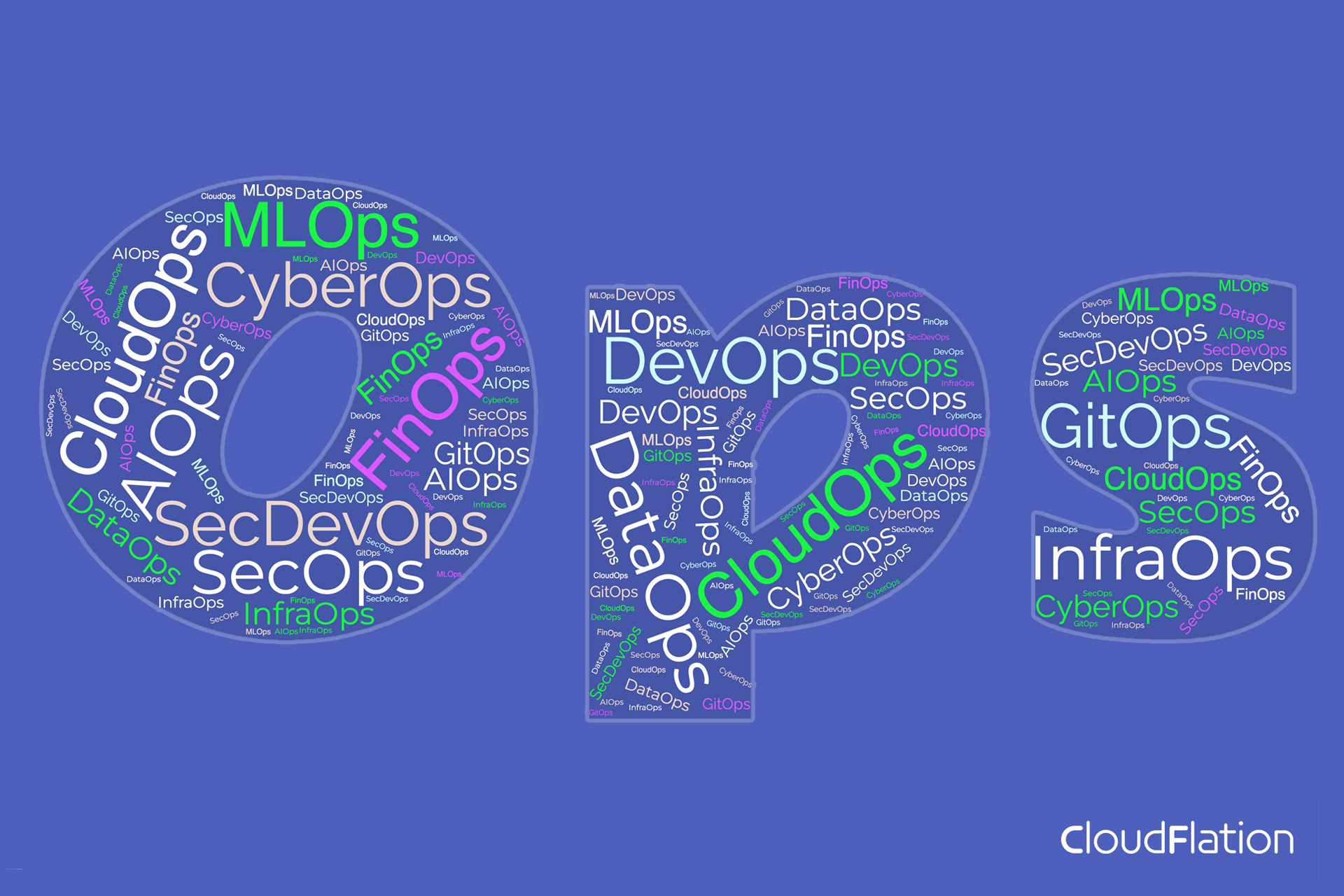In recent years, we started to see the term “Ops” becoming popular and used heavily in so many aspects of the technology domain. to name a few examples:
DevOps, MLOps, FinOps, SecOps, CloudOps, TestOps, and so on… it’s like Ops everywhere…
The popularity of the term “Ops” reflects a shift in focus towards the operational aspects of various fields and functions. In the past, these operational tasks were often seen as secondary to other aspects of the field, such as development or design. However, with the increasing importance of these operational tasks, the use of “Ops” terms has become more widespread.
The suffix “-Ops” is derived from the word “operations,” which refers to the processes, systems, and activities involved in running and maintaining a function, business or organization.
The rise of the term “Ops” reflects a growing recognition of the importance of operational tasks and the need for collaboration between different teams and functions in order to effectively manage these tasks.
Whether you’re working in software development, machine learning, or IT operations, understanding the role of “Ops” is critical for success in your field.

